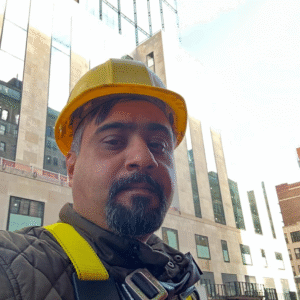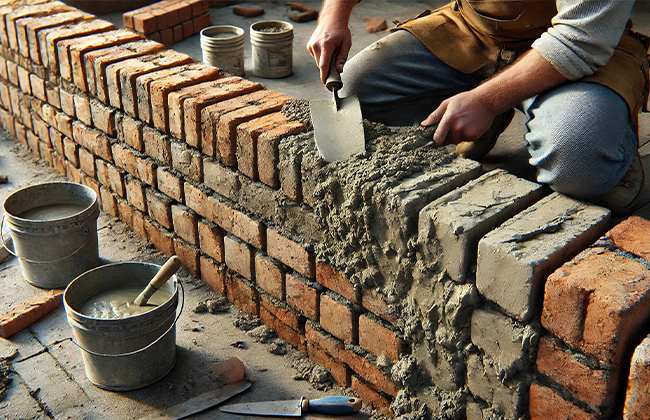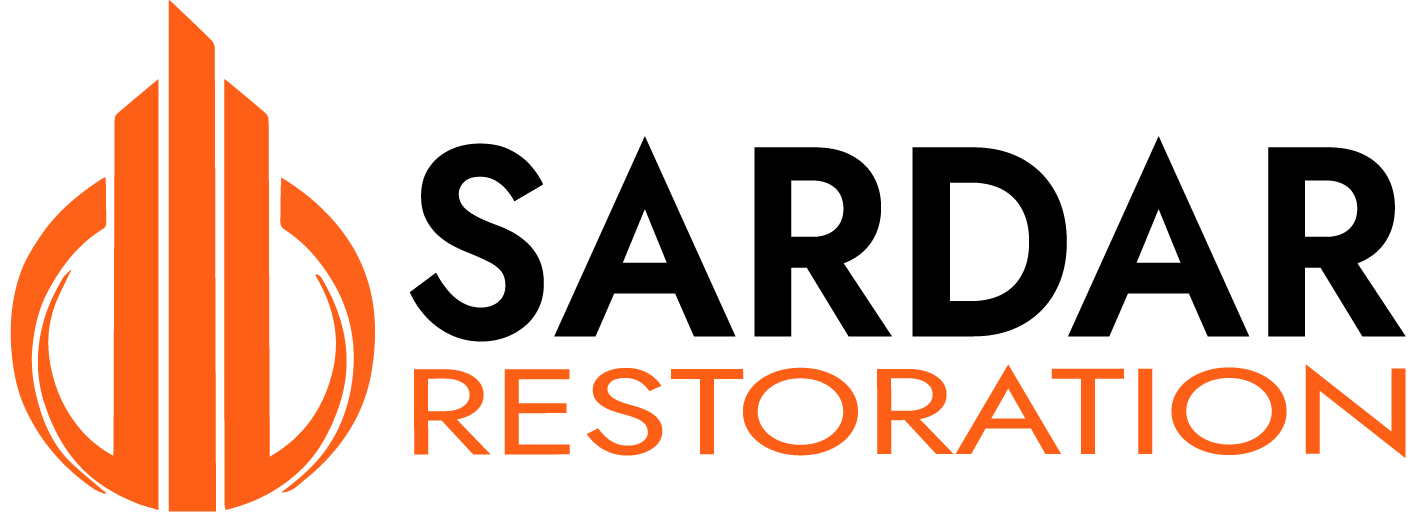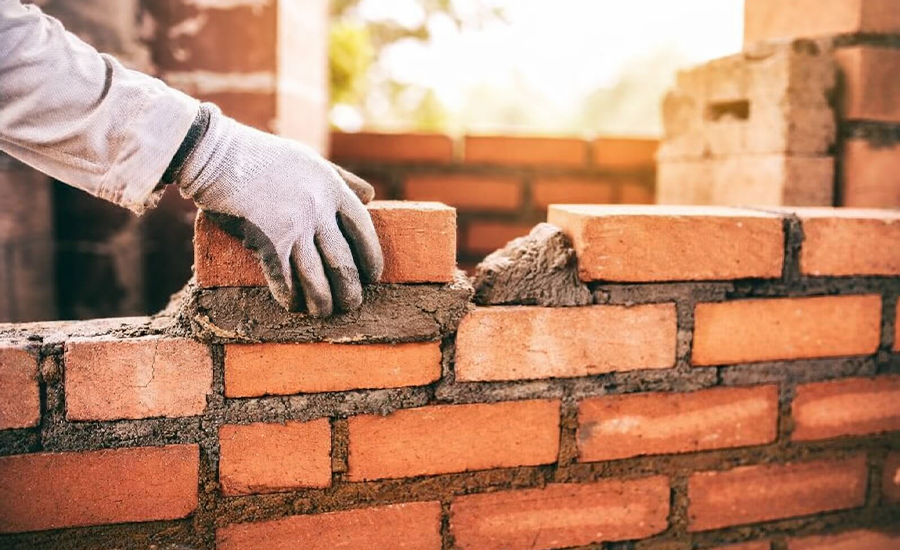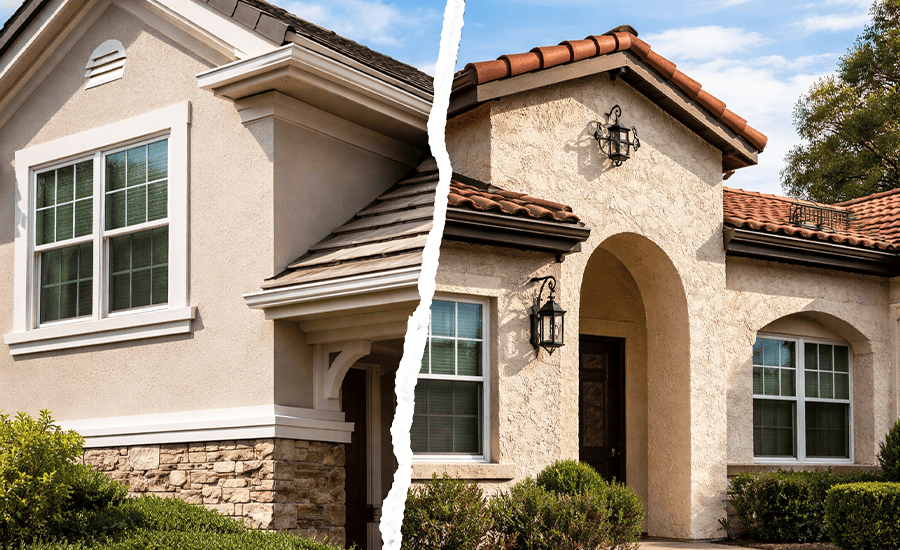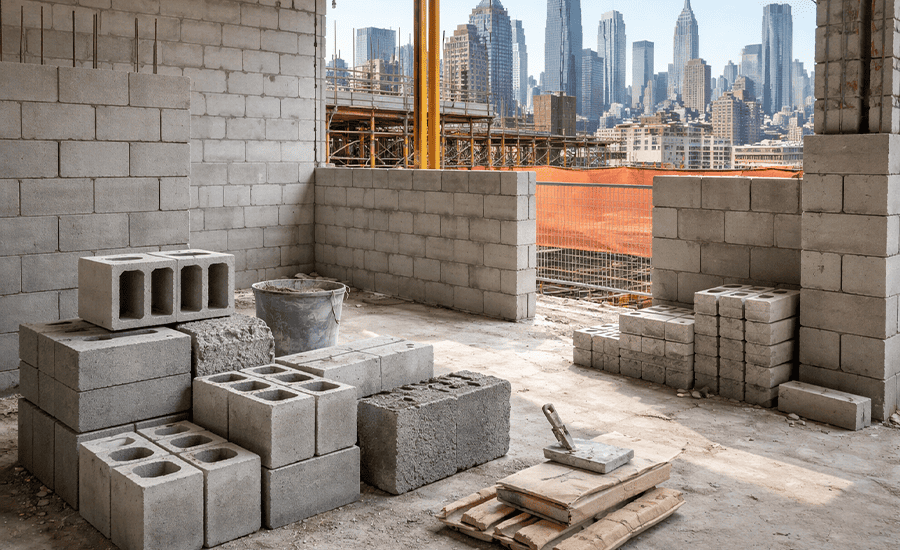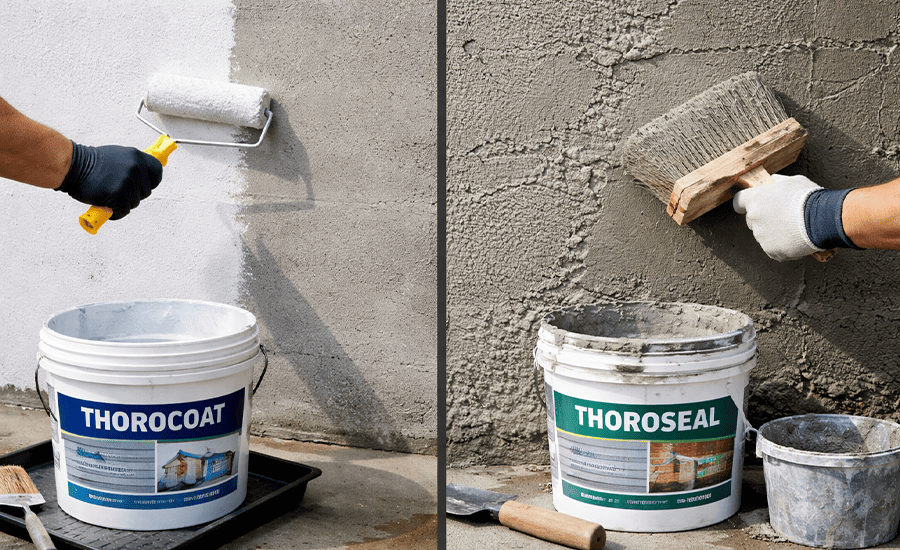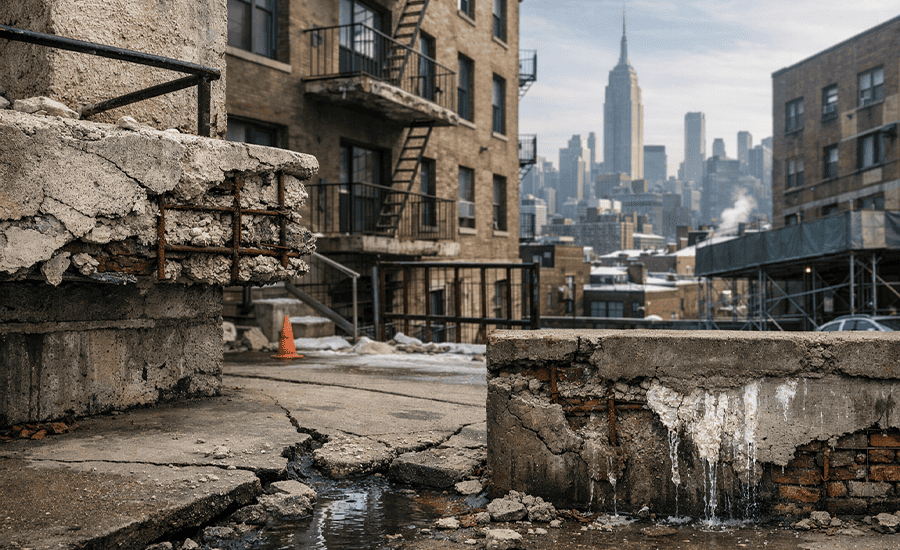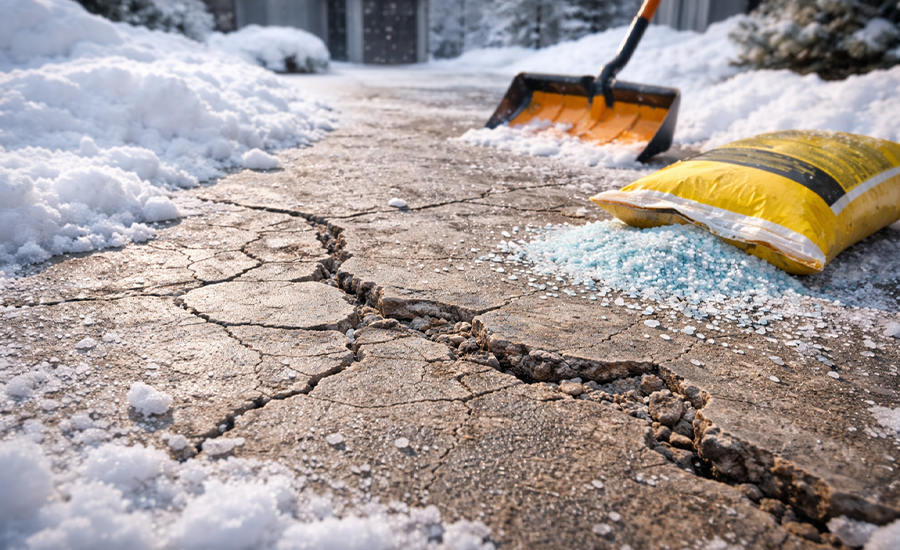Repointing brick is a crucial maintenance activity that not only preserves the structural integrity of your building but also enhances its aesthetic appeal. Understanding the costs associated with repointing brick can help homeowners budget effectively for this essential work. This comprehensive guide delves into the various factors that influence repointing brick cost, ensuring you have all the necessary information to make informed decisions about maintaining your property.
What is Brick Repointing?
Brick repointing, or simply repointing, is a process that updates the mortar in the joints between bricks. This is crucial because, over time, mortar can decay due to exposure to elements, which can lead to gaps. These gaps allow water to seep in, potentially causing structural damage. Repointing fills these gaps, helping maintain the structural integrity and appearance of brick buildings. It’s a key maintenance step that prevents water damage and ensures that brickwork remains durable and aesthetically pleasing.
Why is Repointing Necessary?
Repointing isn’t just a cosmetic fix—it’s crucial for several practical reasons that directly impact the longevity and safety of a building.
1. Structural Integrity
First off, think about the role mortar plays in a brick wall. It’s not just filler; it’s the adhesive that holds the bricks together, ensuring the entire structure stands firm. Over time, environmental factors like rain, wind, and temperature changes can wear this mortar down. This deterioration isn’t just an eyesore; it can lead to structural weaknesses. Repointing replaces this old, crumbled mortar with fresh, strong mortar, restoring the wall’s strength. It’s kind of like giving your building a new skeleton, ensuring it can stand up to mother nature and the tests of time without crumbling.
2. Weather Resistance
Now, let’s talk about the weather. Walls with degraded mortar are like a jacket full of holes; they can’t protect the interior from water. This water can cause all sorts of problems, like mold, mildew, and even structural damage if the water freezes and expands inside the bricks or mortar during cold weather. By repointing, you seal these holes, enhancing the wall’s ability to repel water. It’s a bit like renewing the waterproof coating on your outdoor gear before a rainy season. This not only keeps the building dry and comfortable but also prevents the decay that can come from continuous exposure to damp conditions.
3. Aesthetic Value
Last but certainly not least, there’s the aesthetic value. It’s straightforward: buildings with fresh, clean mortar look better! Repointing can dramatically improve a building’s appearance, making it look cared for and well-maintained. This is especially important for older or historical buildings where maintaining the architectural integrity is crucial. Plus, if you’re thinking about property value, this can be a big boost. It’s like polishing a car before you sell it; it just looks more appealing.
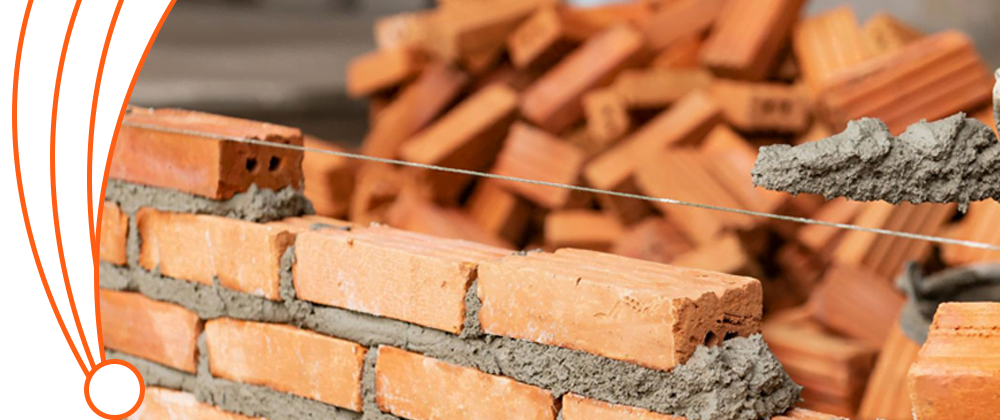
Factors Affecting Repointing Brick Cost
When it comes to repointing brick, not all projects are created equal. The cost can vary widely, and several factors play into just how much you’ll need to invest. Let’s break down these factors to help you understand what might affect your repointing budget.
1. Extent of Damage
First up, the extent of damage. This is a big one because the more damaged your masonry is, the more time and materials it will take to fix it. It’s pretty straightforward: minor wear and tear will be cheaper to fix than widespread deterioration. If only a small area needs attention, you’re looking at a relatively low cost. However, if large portions of your wall are crumbling, the price goes up. This is because extensive damage requires more mortar for filling and possibly even some brick replacement, not to mention the increased labor involved.
2. Type of Brick and Mortar
Next, consider the type of brick and mortar your building uses. Standard bricks and mortar are usually less expensive to work with. But if your building has specialty bricks or requires a particular type of mortar—like those found in historic properties—the costs can climb. These materials often need to be matched precisely to preserve the building’s architectural integrity, and they might not be as readily available or easy to work with as standard options. Also, specific skills might be required to handle these unique materials, and skilled labor can be more costly.
3. Accessibility
How easy is it to get to the area that needs work? Accessibility can play a significant role in determining repointing costs. If the damaged sections are high up or in hard-to-reach areas, you might need scaffolding or specialized equipment to access them safely. These not only add to the rental costs but also the time it takes to set up and move around, which in turn increases labor costs. On the flip side, if the area is easily accessible, the job can be done faster and cheaper.
4. Geographic Location
Finally, your geographic location will influence the cost. Labor rates vary significantly across different parts of the United States. For instance, repointing costs in urban areas like New York City or San Francisco can be higher than in rural areas due to higher labor rates and the cost of living in these cities. Additionally, the availability of materials and local regulations can also affect the overall cost.
By understanding these factors, you can better anticipate the costs associated with your repointing project. This knowledge allows you to plan and budget more effectively, ensuring that you can address any issues with your masonry without breaking the bank. Remember, repointing isn’t just a cost; it’s an investment in preserving your property’s structural integrity and aesthetic appeal for years to come.
Average Costs of Repointing Brick
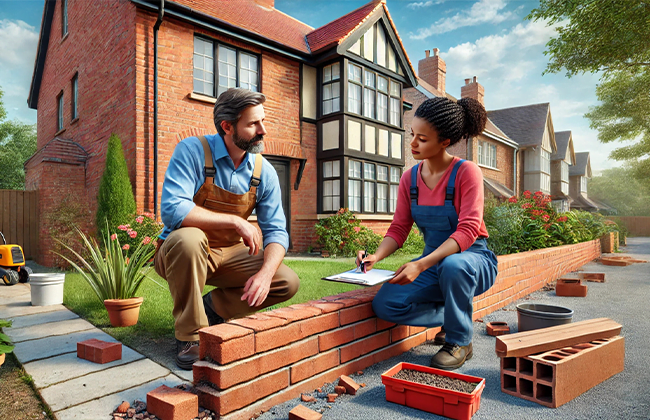
Understanding the costs involved in repointing brickwork is essential for planning maintenance or restoration projects. Costs can vary widely, influenced by the extent of damage, type of materials, and the building’s accessibility. Here’s a detailed breakdown of average costs for different scenarios:
Cost Breakdown by Scenario
| Scenario | Cost Range |
| Basic repointing | $5 – $10 per sq. ft. |
| Moderate damage | $10 – $15 per sq. ft. |
| Extensive damage/historic restoration | $15 – $25 per sq. ft. |
Explanation of Scenarios
- Basic Repointing: This involves straightforward jobs where the damage is minimal, such as small cracks and erosion of mortar. The lower cost range reflects the simpler nature of the work and the standard materials used.
- Moderate Damage: Costs rise in this scenario due to the increased labor required to address more significant deterioration. This might include deeper or more extensive cracks that require careful removal of damaged mortar and precise application of new mortar.
- Extensive Damage/Historic Restoration: The highest cost range is typical for projects involving historic properties or extensive damage. These projects often require specialized materials to match the original as closely as possible and skilled labor to apply old-world techniques for a proper restoration, thereby increasing the cost.
Additional Cost Factors
- Labor Rates: These can vary significantly based on your geographic location and the skill level required.
- Material Costs: Especially for historic restorations, the need for specific types of mortar or bricks can increase the expense.
- Accessibility: The complexity of accessing the repair site can also add to the cost, particularly if special equipment like scaffolding is necessary.
Getting multiple estimates from qualified contractors who can assess the specific conditions of your building will give you a more accurate understanding of the potential costs. This detailed assessment ensures that the repointing work maintains the structural integrity and aesthetic of the building, providing value and safety for years to come.
DIY vs. Professional Repointing
When it comes to repointing, you have two main routes: doing it yourself (DIY) or hiring professionals. Each option has its pros and cons, and the best choice depends on your skills, the project’s complexity, and what you’re hoping to achieve. Let’s explore both options to help you decide which is right for your situation.
DIY Repointing
DIY repointing is a viable option if you have some experience with masonry or are at least very handy with home improvement projects. This approach can be more cost-effective, as you save on labor costs. You’ll need to purchase the right tools and materials, which include mortar mix, a pointing trowel, and perhaps even scaffolding, depending on the height and accessibility of the area you need to work on.
However, the DIY route comes with risks. If the repointing isn’t done correctly, you could end up with voids in the mortar or fail to achieve the right mortar mix, which might cause more damage over time. This not only risks the structural integrity of the building but could also lead to higher costs in the future if you need to redo the work or fix new problems caused by inadequate repointing.
Professional Repointing
Hiring professionals is highly recommended, particularly for extensive, delicate, or specialized repointing projects, such as those involving historic buildings. Professionals bring expertise and experience, ensuring the job is done correctly and efficiently. They can accurately match the mortar to your building’s existing mortar, both in strength and color, and they understand the nuances of working with different types of brick and mortar conditions.
Professional repointing costs more than doing it yourself, but it reduces the risk of further damage. It also provides peace of mind, knowing that the structural integrity of your property is being handled by experts. This is especially important in cases where the building’s condition may pose safety risks, or where preserving historical accuracy is crucial.
Making the Decision
If you’re considering DIY, assess your skills realistically and understand the scope of the project. If it’s a small area and you’re confident in your ability to perform the task, it might be worth a try. However, if the project is large or involves significant structural components, or if your building has historical value, it’s wise to opt for professional services.
Ultimately, the decision between DIY and professional repointing depends on balancing cost, quality, and risk. Investing in professional repointing can save you from potential future expenses and ensure that your home or building remains safe, sound, and beautiful for many years to come.

How to Choose a Repointing Contractor
Selecting the right contractor for repointing is crucial to ensure the job is done effectively and efficiently. Here’s how to make sure you pick the best one for your project:
1. Experience and Reputation
Start by looking for a contractor with specific experience in repointing. It’s a specialized task that requires precision. You can check their past projects, read reviews, and ask for references. Positive feedback from previous clients is a good indicator of quality and reliability. Also, see if they have experience with buildings similar to yours, especially if your property has unique features like historical elements.
2. Licenses and Insurance
Always verify that the contractor holds the necessary licenses to perform masonry work in your area. Licensing ensures they meet specific standards of knowledge and professionalism. Additionally, make sure they carry adequate insurance, which protects you from liability in case of accidents or property damage during the project.
3. Quotes and Contracts
It’s wise to get quotes from several contractors to compare prices and understand what’s included in their services. When you receive a quote, it should be detailed, outlining the costs for labor, materials, and any other expenses. Once you choose a contractor, ensure all agreements are laid out in a clear and detailed contract. This contract should include the scope of work, timeline, payment schedule, and any guarantees or warranties on the workmanship. This helps avoid any unexpected costs or misunderstandings.
By taking these steps, you can feel more confident in your choice of contractor, ensuring that your repointing project is handled professionally and that the results will last for years to come.
Long-term Benefits of Repointing
Investing in repointing your property isn’t just about immediate repairs—it’s a strategic move that brings several long-term benefits, enhancing your building’s value and appeal over time.
Enhanced Longevity of Your Property
Repointing strengthens the structural integrity of your building. By replacing worn-out mortar with new, durable material, you effectively extend the life of your property’s brickwork. This preventive measure keeps the walls strong against environmental challenges like moisture, temperature changes, and physical wear and tear. Essentially, repointing acts as a rejuvenation that helps your building stand the test of time.
Increased Market Value
If you’re considering selling your property in the future, repointing can be a significant selling point. A well-maintained building often commands a higher market value. Prospective buyers appreciate the care taken in preserving the structure, which reduces their concerns about potential maintenance issues. Repointing can thus make your property more attractive in the competitive real estate market, potentially speeding up the sale process and increasing the final sale price.
Improved Appearance
The visual impact of repointing should not be underestimated. It refreshes the facade of your building, making it look cleaner and more cared for. This not only improves curb appeal but can also contribute to a sense of pride in ownership. Whether it’s your home or a commercial property, a well-maintained appearance makes a positive impression on visitors or passersby.
Prevention of Further Damage
Repointing also prevents the escalation of existing damage. Small issues like cracks or gaps in the mortar can quickly become severe problems if water seeps in and starts to freeze and thaw. By addressing these issues early through repointing, you avoid more significant repairs down the line, saving money and hassle.
Overall, repointing is a wise investment for any property owner. It ensures the building remains safe, beautiful, and valuable for years to come. While the upfront cost might seem substantial, the long-term benefits far outweigh the initial investment, making it a smart and practical choice for maintaining your property’s condition and value.
Conclusion:
Investing in repointing brick is essential for maintaining the structural health and aesthetics of your property. If you’re looking for a professional contractor to handle your repointing needs, you can contact us at (+1) 917-355-8556 for expert advice and service. We understand the intricacies of repointing brick cost and can provide you with detailed, reliable estimates to ensure your home remains in excellent condition.
FAQs:
Q: What affects the repointing brick cost the most?
A: The main factors that influence repointing brick cost include the extent of the damage, the type of mortar used, the accessibility of the work area, and regional labor costs.
Q: How often should I consider repointing a brick to maintain my home?
A: Generally, repointing brick is necessary every 25-30 years, but this can vary based on the climate and the building’s exposure to harsh weather conditions, which might accelerate the deterioration.
Q: Can repointing brick improve the energy efficiency of my home?
A: Yes, repointing brick can enhance your home’s energy efficiency by sealing gaps in the mortar, which reduces air leaks and prevents heat loss, thereby potentially lowering heating costs.
Q: What should I look for in a contractor for repointing brick cost estimates?
A: When seeking estimates for repointing brick cost, choose contractors with proven experience. Ensure they have valid licenses and positive reviews from previous repointing projects.
Q: Can DIY repointing brick cost less than hiring professionals?
A: While DIY repointing brick can indeed reduce upfront costs, it’s vital to possess the correct skills and knowledge. Without the proper techniques, you risk causing further damage, which can significantly increase your long-term repointing brick cost.


